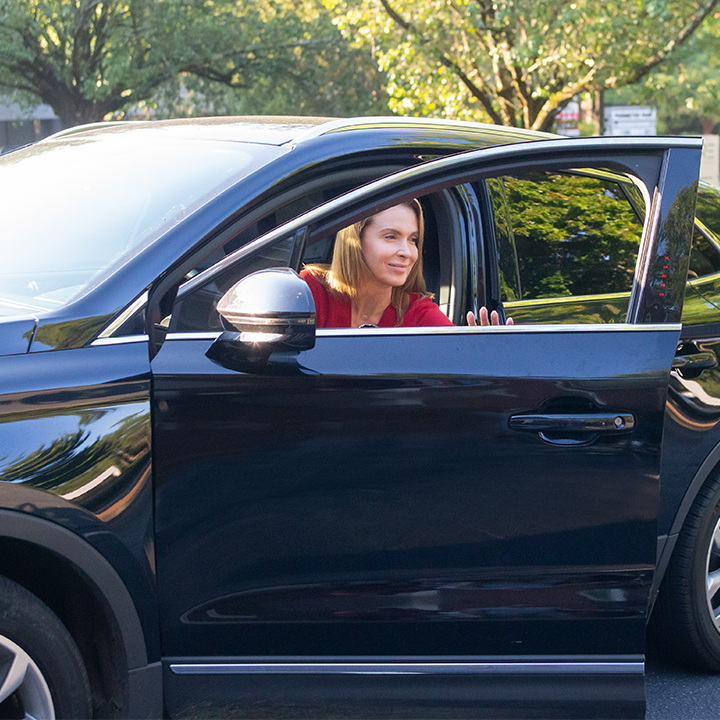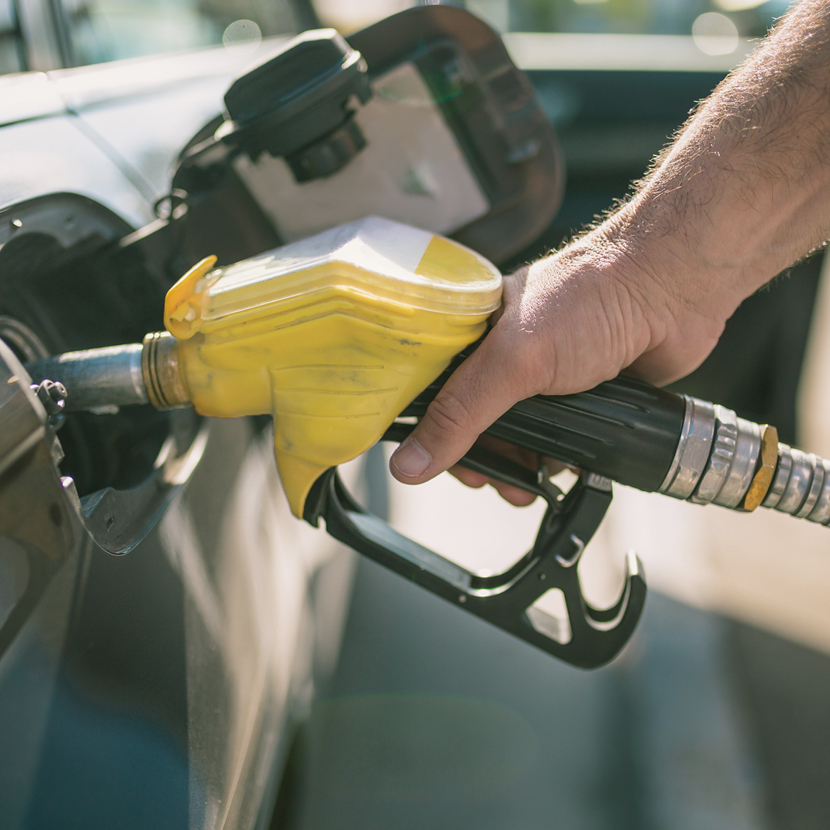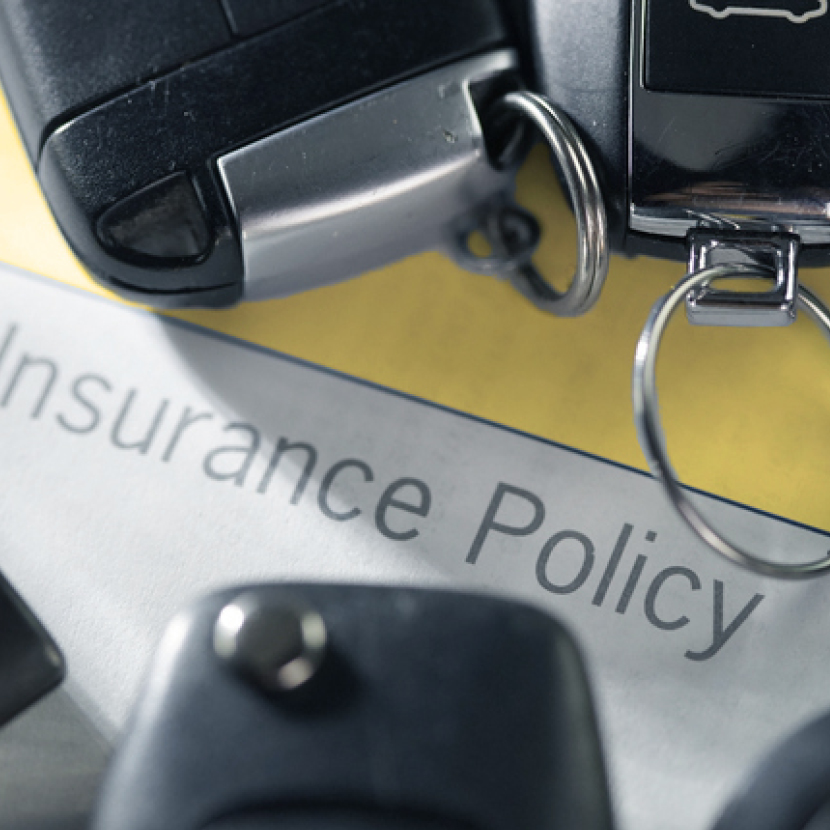- Insurance Guide
- Property Insurance
- How Car Insurance Companies Value Cars
How do car insurance companies value cars?

What is cash value and how do car insurance companies use it?
What is Cash Value? Basically, it's the amount of money your insurance company will pay out if your car is stolen or is in an accident with damage severe enough to qualify as a total loss. (In some cases the amount of your deductible may be subtracted from that number.) Insurance companies use your car's cash value for two basic purposes: 1) to determine how much your car insurance will cost, and 2) to determine how much they should pay you if you are in an accident and your car is totaled. (More on this below.)
Most cars lose value as they age. The drop in your car's cash value is called depreciation. Depreciation begins once you purchase the car. So, a new car you recently bought is less valuable than an identical make and model still sitting at the dealership.
That may not be surprising. There's an old saying that your car loses value as soon as you drive it off the lot. That might be a slight exaggeration. But it’s true that it can lose significant value in the first year.
Of course, a car’s value typically drops significantly if it’s involved in a serious accident. If there’s a lot of damage, the insurance company may call it a total loss. This occurs when the repairs are estimated to cost more than the car's insurance value.
How do insurance companies value cars when there is a total loss? The insurance company will typically pay you whatever the car was worth before the accident, using similar car's value as a benchmark.
What lowers the cash value of my car?
As mentioned, a car will typically lose value with each passing year due to depreciation. The drop usually won't be as steep as the first year, but it will be steady. Within five years, your car could lose a substantial percentage of its value.
Car mileage
Generally, a car's value also drops as the car's mileage increases. You can slow depreciation by not putting any unnecessary miles on the car. Insurance companies will compare your car's mileage with the average mileage for your particular make and model. If your car has an unusually high mileage, insurance companies will generally deem its value to be lower compared to other cars of a similar make and model, but with less mileage.
Car usage
How you use your car also affects its value. For example, you might quickly lower its value if it was built for everyday driving but you use it as a replacement for a truck. The rough treatment will wear out parts faster and is more likely to damage the car's appearance.
How do previous accidents affect a car's value?
How does insurance determine car value when there's a history of accidents? Typically, even a minor accident will lower a car's value. Often, the repairs made following an accident don't fully restore a car to the same condition it had before the accident. Parts may have to be welded together, used parts might need to be installed, and paint may not match exactly, to mention a few issues.
How can I increase the cash value of my car?
Keep car in good condition
Keeping your car in excellent condition is generally the best way to maximize its value. However, if you feel that the estimate from your insurance company is too low, there are some additional steps you can take.
Appraisals
An appraisal can help your argument that your car is worth more money. Some dealerships offer free appraisals. So, some clever car owners get appraisals from different dealerships each year. That way, if they get in an accident and their car is declared a total loss, they'll have a recent appraisal they can use to argue that the insurance company should pay out that amount. In some cases, that may convince the insurance company to pay more than it would otherwise.
Research
You can also research the suggested value of your car. Listing services such as Kelley Blue Book and Edmunds are respected in the car insurance industry. You can also explore businesses like Cars.com and Autotrader. However, remember that the advertised prices are only asking prices. There's no guarantee that the cars actually sold at those prices. Another resource that may be helpful is eBay, where you can search for a car's final sale price. It allows you to narrow your search to sales that took place near your area in the last year. This research will give you a clearer idea of how much negotiating room you may have with buyers or your insurance company.
Reliable auto insurance can help you get the most money for your car
Having car insurance in times of need can be comforting and worth the cost. But not all companies or policies are equal. Along with comparing prices, you might want to check ratings and reviews to see how the company responds when they receive a claim. The time to think about how much your car is worth—and how much your insurance company thinks it’s worth—is before you need it, not after.



